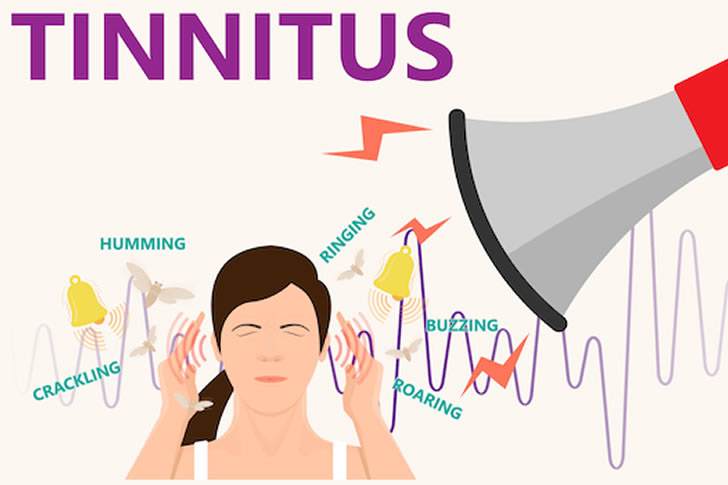Tinnitus, a persistent ringing or buzzing in the ears, impacts daily life and hearing. Here's a guide on managing this condition, exploring treatments, and addressing hearing concerns.

Tinnitus is a condition characterized by the perception of noise or ringing in the ears. It's a common problem, affecting about 15-20% of the population. While it isn’t a disease itself, tinnitus can be a symptom of an underlying condition such as age-related hearing loss, ear injury, or a circulatory system disorder.
Tinnitus can result from various factors, including:
While there is no one-size-fits-all cure for tinnitus, several treatments can help manage and alleviate its symptoms.
Sound therapy uses external noise to alter the perception of tinnitus. This can be done through:
CBT aims to change the way you perceive tinnitus. It teaches coping strategies and can help reduce the stress and anxiety associated with tinnitus. This treatment doesn't eliminate tinnitus but can make living with it more manageable.
TRT combines sound therapy with counseling from a trained professional. The goal is to retrain the brain to ignore the tinnitus sounds. Over time, this can help reduce the intensity of the symptoms.
Some medications can help reduce the severity of tinnitus symptoms. Antidepressants and anti-anxiety drugs can help manage the stress, anxiety, and mood swings associated with tinnitus.
Tinnitus often goes hand-in-hand with hearing impairment. The constant noise can make it difficult to hear actual sounds, leading to additional stress and communication difficulties.
It's crucial to have your hearing tested if you experience tinnitus. Audiologists can determine if hearing loss is contributing to your tinnitus and recommend appropriate treatments.
Hearing aids can be particularly beneficial as they amplify environmental sounds and help mask the tinnitus noise. Modern hearing aids come with features specifically designed to provide tinnitus relief.
Prevent further hearing damage by protecting your ears from loud noises. Use earplugs or earmuffs in noisy environments and avoid prolonged exposure to loud music or industrial sounds.
Incorporating simple lifestyle changes can significantly impact tinnitus management:
Practicing relaxation techniques such as yoga, meditation, or deep breathing exercises can help reduce the stress and anxiety that can worsen tinnitus symptoms.
A balanced diet can improve overall health, including ear health. Foods rich in vitamins and minerals, especially those that boost circulation (like leafy greens and fish), can be beneficial.
Regular physical activity improves blood flow to various parts of the body, including the ears, which can help reduce tinnitus symptoms.
Reducing the intake of stimulants such as caffeine and nicotine can help manage tinnitus symptoms as they may exacerbate the condition.
If you're struggling with tinnitus, don't hesitate to seek professional help. Audiologists, ENT specialists, and therapists can offer personalized treatment plans and support.
Connecting with others experiencing tinnitus can provide emotional support and shared coping strategies. Support groups can be found both online and in-person.
Keeping up-to-date with the latest research and treatment options can empower you to make informed decisions about managing your tinnitus.
Managing tinnitus involves a combination of treatments, lifestyle adjustments, and professional support. By understanding and addressing both tinnitus and related hearing issues, you can improve your quality of life and reduce the impact of tinnitus on your daily activities.
Explore the Tranquil Bliss of Idyllic Rural Retreats

Ultimate Countdown: The 20 Very Legendary Gaming Consoles Ever!

Understanding Halpin and its Influence

Affordable Full Mouth Dental Implants Near You

Discovering Springdale Estates

Illinois Dentatrust: Comprehensive Overview

Embark on Effortless Adventures: Unveiling the Top in Adventures Made Easy Outdoor Equipment

Unveiling Ossur Valves: Innovation in Prosthetics

Unlock the Full Potential of Your RAM 1500: Master the Art of Efficient Towing!
